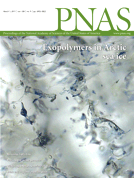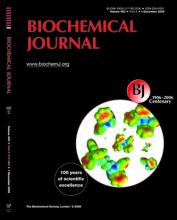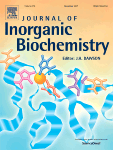 A university investigation has found falsified data in a 2011 paper about the side effects of a virus commonly used in gene therapy.
A university investigation has found falsified data in a 2011 paper about the side effects of a virus commonly used in gene therapy.
The authors are retracting the paper, but one co-author told Retraction Watch they stand by their main conclusions. According to Roland Herzog, a professor at the University of Florida (UF) College of Medicine and a co-author of the paper, the falsified data were related to a minor part of the paper.
The paper, “Activation of the NF-κB pathway by adeno-associated virus (AAV) vectors and its implications in immune response and gene therapy,” was published in the Proceedings of the National Academy of Sciences (PNAS) in March 2011. All authors were affiliated with UF at the time; the handling editor, Kenneth Berns, is an emeritus professor at UF. The paper has been cited 50 times, according to Clarivate Analytics’ Web of Science. Continue reading University finds falsified data in PNAS gene therapy paper, authors retract
 The presence of allegedly obvious manipulations in
The presence of allegedly obvious manipulations in 





